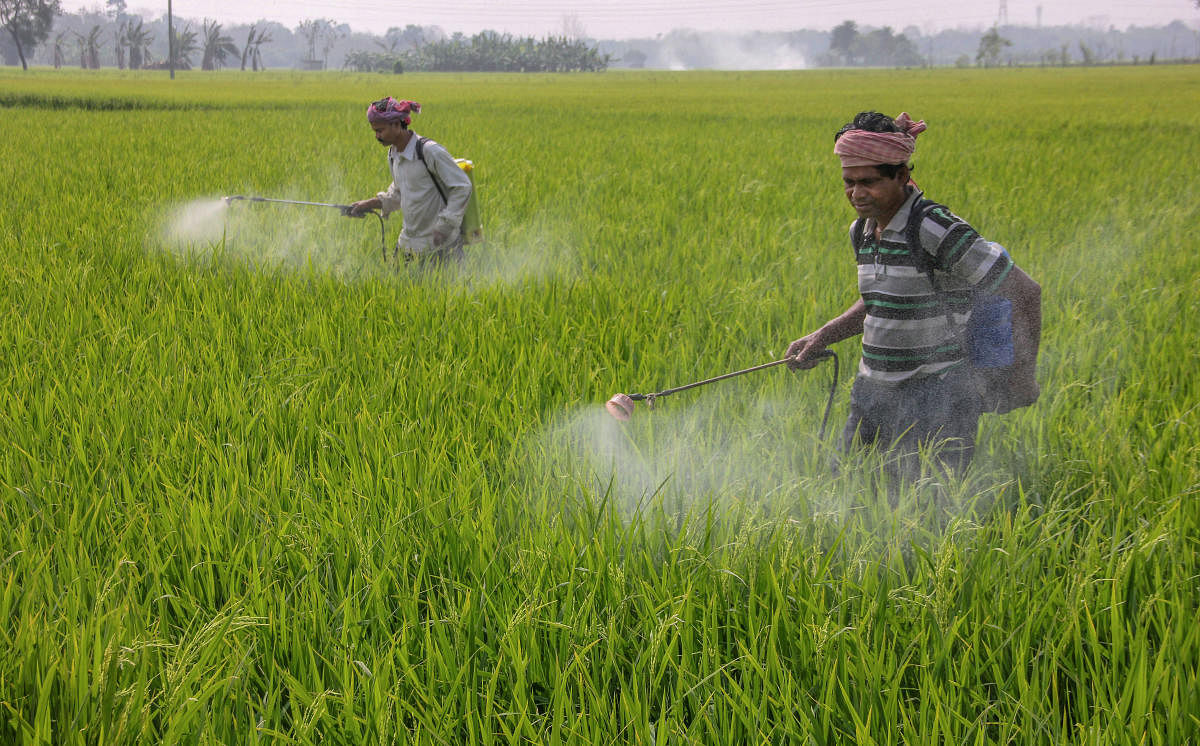
Unseasonal rainfall is the new problem that farmers across the country face. In Tamil Nadu’s Cauvery Delta region, the state’s rice bowl contributing to over 35% of paddy cultivation, unseasonal rainfall and erratic monsoon has added to the woes of the farming community.
A majority of the farmers in the fertile region leave their agricultural lands empty for three months starting from March to facilitate the cultivation of kuruvai (short-term crop) in June when water from the Stanley Reservoir in Mettur is released for irrigation.
The general practice in the delta, farmers say, is to leave the land “dry for three months” to ensure the land gets natural energy from the Sun that is necessary for crops to grow.
“Rain during summer isn’t good for farmers,” G Srinivasan, a progressive farmer from Thanjavur, told DH.
“When the land is dry, cracks develop in them. These cracks, if not filled, reduce the dependence on fertilizers and the use of pesticides. But rains during summer fill these cracks, making the three-month drying period entirely useless,” Srinivasan added.
The use of fertilizers lead to insects invading the crops and to reduce the incidence, farmers use pesticides. “It becomes a cycle. The land needs natural power from the Sun. That is disrupted due to unseasonal rainfall. It not just leads to less yield, but also erodes the soil,” he added.
The North-east monsoon, the lifeline of Delta farmers apart from the Cauvery water, has been erratic in the past few years leading to “excess or deficit rainfall.”
“Crops are very sensitive to water. They just need the required quantity of water. Less water and excess water are equally dangerous to crops. While less water leads to withering of crops, more water than needed leads to inundation. This is exactly the problem that farmers in Delta are facing today,” ‘Cauvery’ S Dhanapalan, general secretary, Cauvery Farmers Protection Association, said.
“We are in a place where we receive a month’s rainfall or a season’s rainfall in just 24 hours or 48 hours. This is the biggest problem of unseasonal rainfall and climate change. Where do we store the water? We don’t get a chance to conserve the water as all storage facilities get filled by then. If the rainfall occurs with a gap, we can use them for irrigation as well as store them,” Dhanapalan said.